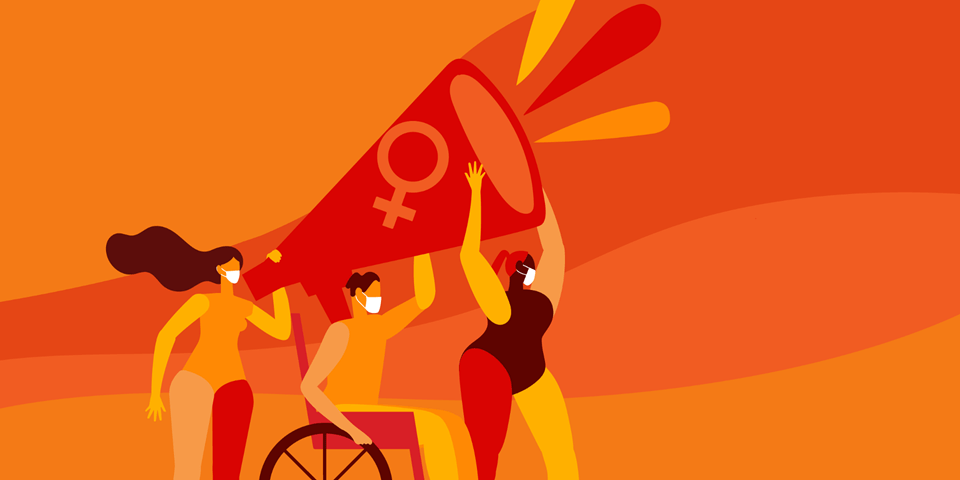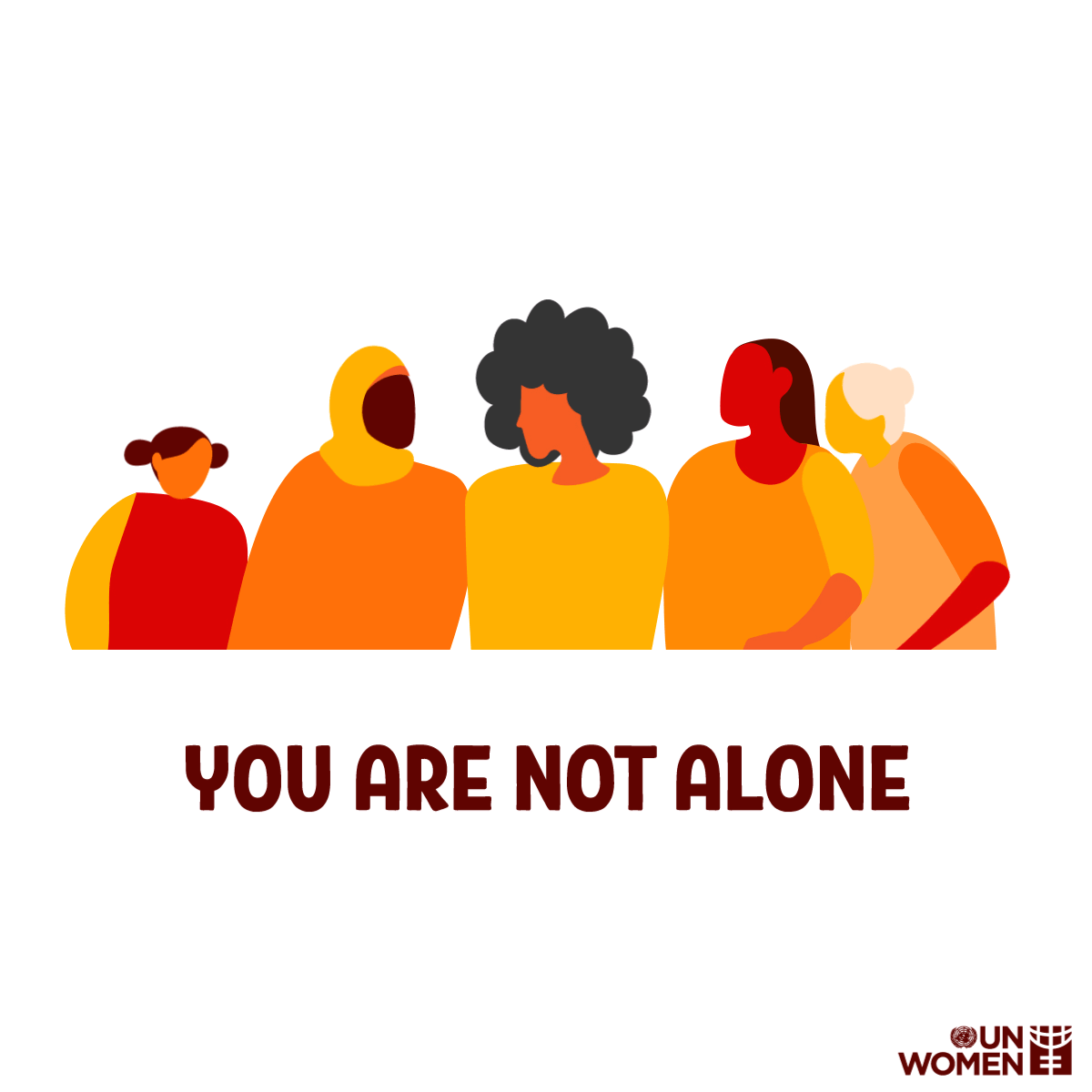
25 November marked the launch of 16 days of activism for the International Day for the Elimination of Violence against Women concluding on 10 December 2020, which is International Human Rights Day.
Pregnancy is frequently a trigger for domestic abuse, and existing abuse may get worse during pregnancy or after giving birth. A period which should be characterised by joy, shattered by violence. The consequences are severe - increased risk of miscarriage, infection, premature birth, and injury or death to the baby.
In India, at any point in time, there are 7-8 million first-time mothers of young children who have been physically abused by their husbands while pregnant.
Though pervasive, it does not have to be inevitable. Unless we stay silent. So, start a conversation to make a difference.
UN Women recommends 10 actions,

1. Listen to and believe survivors
WorldPulse provides such a platform, in which women can speak out, whatever they may have to share to commemorate the 16 Days, because voice matters.
2. Teach the next generation and learn from them
3. Call for responses and services fit for purpose
Our partner organisation Vasavya Mahila Mandali has recently started a hotline for women in Andhra Pradesh.
4. Understand consent
SheThePeople, a women-focused channel which challenges gender stereotypes has come up with clever Instagram posts to help explain consent.
5. Learn the signs of abuse and how you can help
Saahas.space is a web-based mobile app and chatbot that helps survivors across 196 countries access support and informational resources
6. Start a conversation
We at Kushal believe storytelling is a powerful way to start conversations.
7. Stand against rape culture
8. Fund women’s organizations
9. Hold each other accountable
10. Know the data and demand more of it

